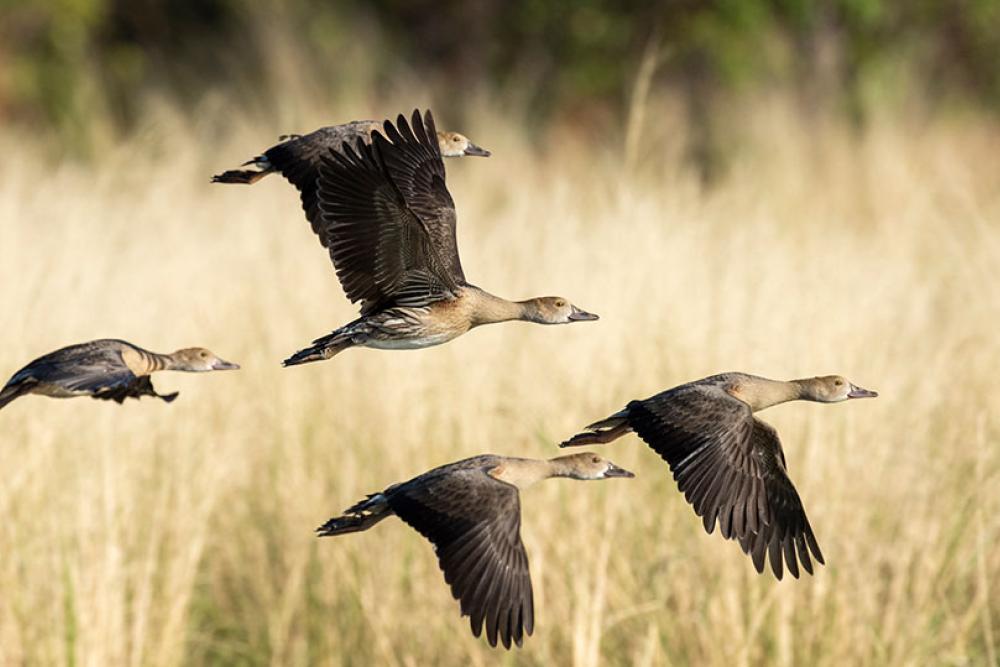We are currently seeing an increase in Biosecurity Risk Material (BRM) on new vehicles arriving in Australia. This includes soil, plant debris, seeds and live insects which are not present in Australia.
Such exotic pests and diseases if established in Australia are capable of damaging our natural environment, destroying our food production and agriculture industries, impacting our economy and some could change our way of life.
The department understands that the increase in BRM on new vehicles imported to Australia is likely due to a number of commercial factors, including changes to shipping patterns due to COVID.
For example, some vehicles may be stored in paddocks or parking lots overseas where they are inadvertently collecting BRM while they are awaiting loading onto vessels for export to Australia.
Vehicles that are found to be contaminated with such biosecurity risk material require treatment to eliminate the risk before they are released.
Industry is working with their treatment providers to ensure the risks are being managed in the most effective way so the vehicles can be released to waiting customers as quickly as possible while keeping Australia safe.
The department is working closely with the industry to help it manage the increased levels of BRM requiring treatment on imported vehicles without compromising Australia's biosecurity.
Any inquiries regarding vehicle delivery should be directed towards that vehicle company or alternatively their industry association at info@fcai.com.au.
Fast facts:
Below are some examples of BRM that has been found in or on new vehicles since July 2022 and their potential impact if they were to establish in Australia:
- Siam Weed
- Siam weed is one of the world’s worst weeds, with a phenomenal growth rate and massive seed production.
- Plants can reach 10 metres by scrambling through adjacent vegetation.
- It forms impenetrable thickets to three metres tall in open sites, such as river banks and pastures.
- It can smother tropical fruit crops, young forestry plantations and pastures. It is also a serious environmental weed, invading native woodlands and posing a major fire hazard in the dry season.
- If Siam weed established widely in Australia, control would cost millions of dollars a year. Tropical crops, grazing land and natural ecosystems would be threatened.
- Exotic snails
- Exotic snails can be highly invasive, impacting on agriculture, human health and biodiversity.
- While they’re slow moving they can spread widely by stowing away on plants and goods as they are moved around.
- Snails also pose a threat to human health because they carry bacteria and parasites that can be transmitted if handled with bare hands or eaten.
- Australia does not permit the import of snails as they are likely to escape and spread causing problems for all kinds of plants and the environment in Australia, snails from overseas, including Giant African Snails are prohibited.
- Brown Marmorated Stink Bug (BMSB)
- Brown marmorated stink bug can breed up huge populations that become both a household nuisance as well as a major problem for our crop growers.
- BMSB feeds on more than 300 hosts plants, including fruit trees and woody ornamentals.
- If BMSB established in Australia, it would be extremely difficult and expensive to manage, since it isn’t easily controlled with pesticides and it eats a huge range of plants.
- It likes to hide in houses in cooler weather and, as the name suggests, also emits an offensive smell.



